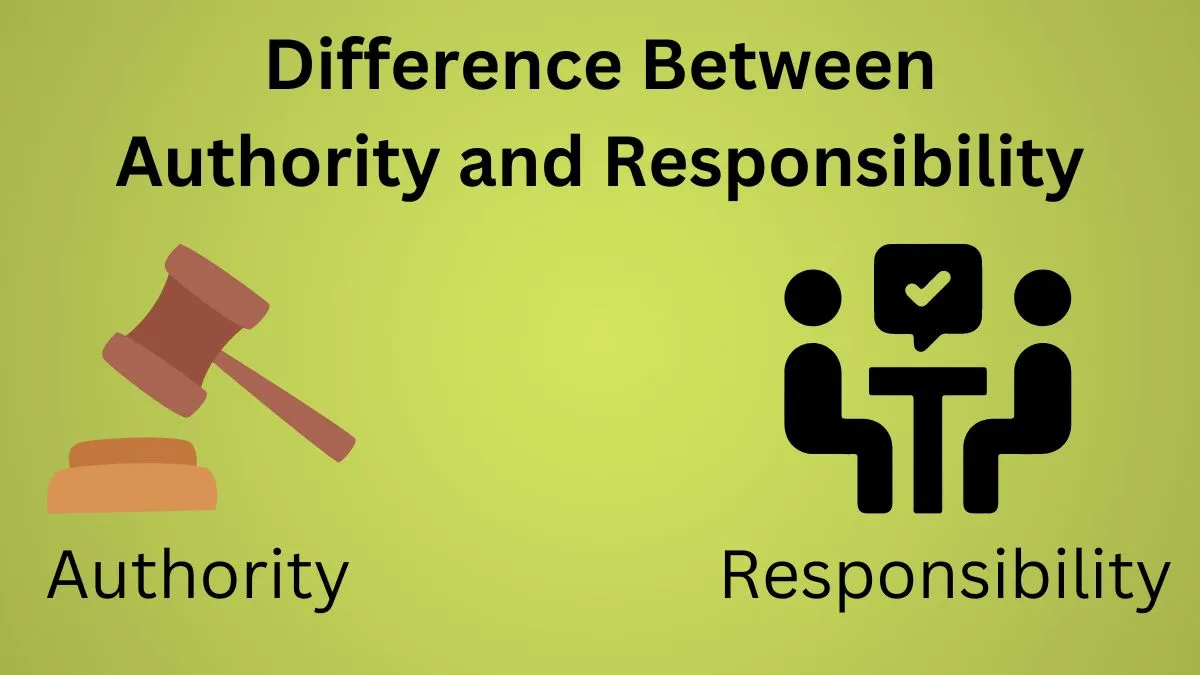This is why a qualified, engaged coach who cares about their well-being is paramount.
“Coaching S&C is a responsibility.
It’s an opportunity to make a significant impact on young people.
Do it right and you can the trajectory of a life.
Do it wrong and you create a sense of resentment in the young person, leading to them wanting nothing to do it with it.”
-Ray Zingler on X
The average competitive sports career for a young person is 6 years (12-18).
Sure, some may play sports earlier and some may go on to play at higher levels, but the average length of a competitive sports career is 72 months long, or, said differently, not a lot of time at all.
12 years old is also the age, many start to get involved in “work outs” of some sort.
While the quality of these workouts at a young age tend to span the spectrum (unfortunately with most falling on the garbage end) it is at this age they start doing “something” beyond sport.
So at this time of their life, they are exposed to a stimulus that I can promise you with 100% certainty is more important than whatever sport(s) they are playing.
The reason is because the need for physical, general, exercise will exceed the 6-year sport window by 10, 12, sometimes 15x.
Athletes and sports age out. The need for physical fitness does not. It is required to maximize quality of life up until the very end.
This makes our kids first and early exposures critical because they are immediately going to begin formulating opinions and assumptions on the concept of physical fitness.
You try to “Navy Seal” Billy badass your way through a bunch of 14-year-old’s because you saw it on Instagram? Congrats. You very well just created an experience that will lead to them potentially wanting nothing to do with fitness once it is no longer “required”.
You feel tough because you made an amateur athlete lean over the side of a fence and puke with your mindlessly “tough” work out? Great job of portraying the concept of fitness (a process that is always adapting) in a positive light. I’m sure that’s going to make them want to go for a jog when they’re 35.
On the contrary, what if you do it right?
What if you use the opportunity to build athletes up, to show them the positive sides of calculated struggle. How it can make them feel about themselves mentally and physically?
You’d lay a foundation they can take with them for the rest of their lives.
If you want to get serious, you’d make their gravesites wait.



